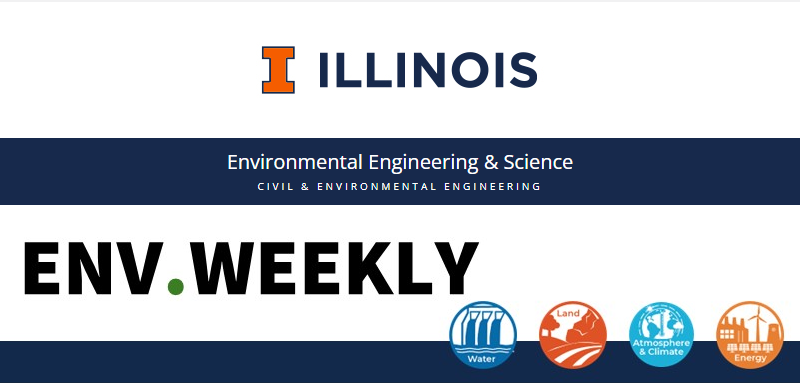Abstract: Numerous efforts have been made to accelerate chemical transport models (CTMs) through machine-learning surrogates. While chemistry mechanism reduction has been of particular interest in this field since chemistry modules are the most computationally expensive, transport operators are the second most expensive in many CTMs. Our previous work demonstrated computational speedup of 2-D advection by using spatiotemporal coarse-graining with a convolutional neural network (CNN) solver which emulates the flux terms of a discretized advection equation. The previous approach was incapable of producing stable simulations when temporal coarsening was performed in the native spatial resolution. This was due to spurious noise development in the region where the background concentration is zero. Full Abstract and Details November 15, 10–10:50 am • Room 2311 - NCEL - Yeh Center
Hannah Horowitz • Department of Civil and Environmental Engineering
Have an environmental research innovation that you'd like to see in use outside of the University? The Office of Technology Management is now accepting applications for a new round of funding through the Illinois Proof-of-Concept program (IPOC). IPOC funds projects that help move U. of I. research closer to public use and positive societal impact. Proposals welcome from all disciplines. Awards up to $50,000. Apply by January 28, 2025. Nicole Nair • Office of Technology Management Urbana-Champaign
| 